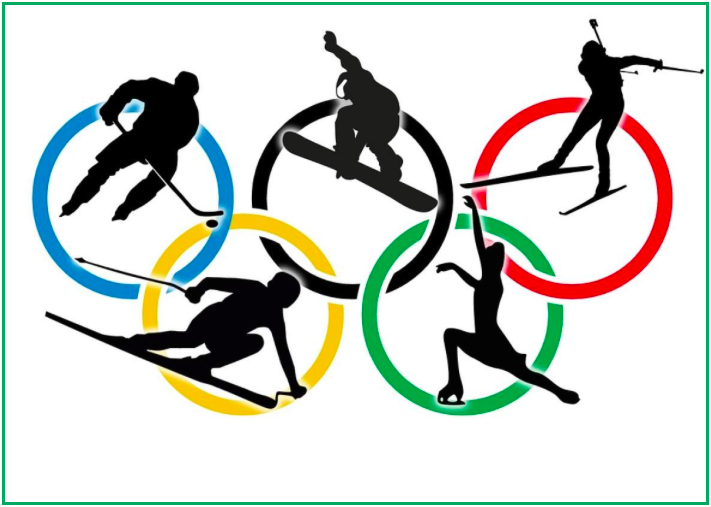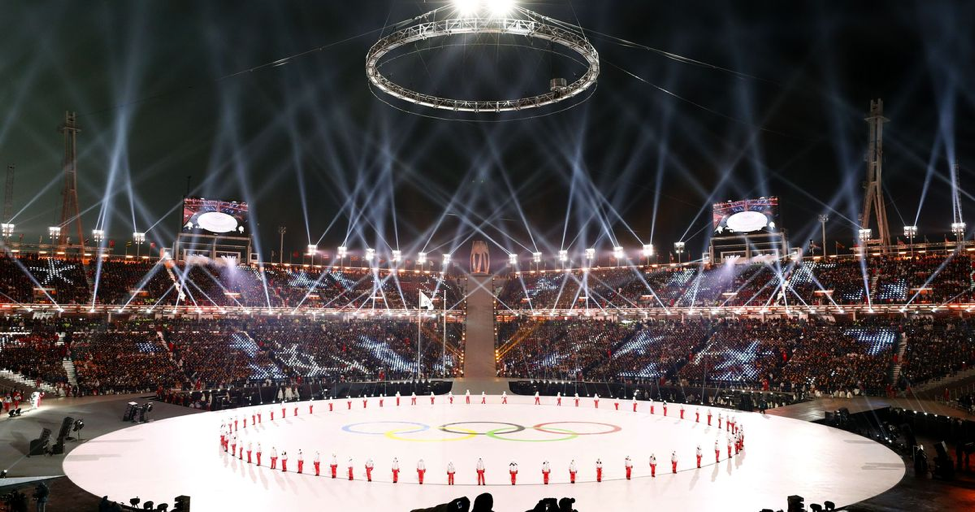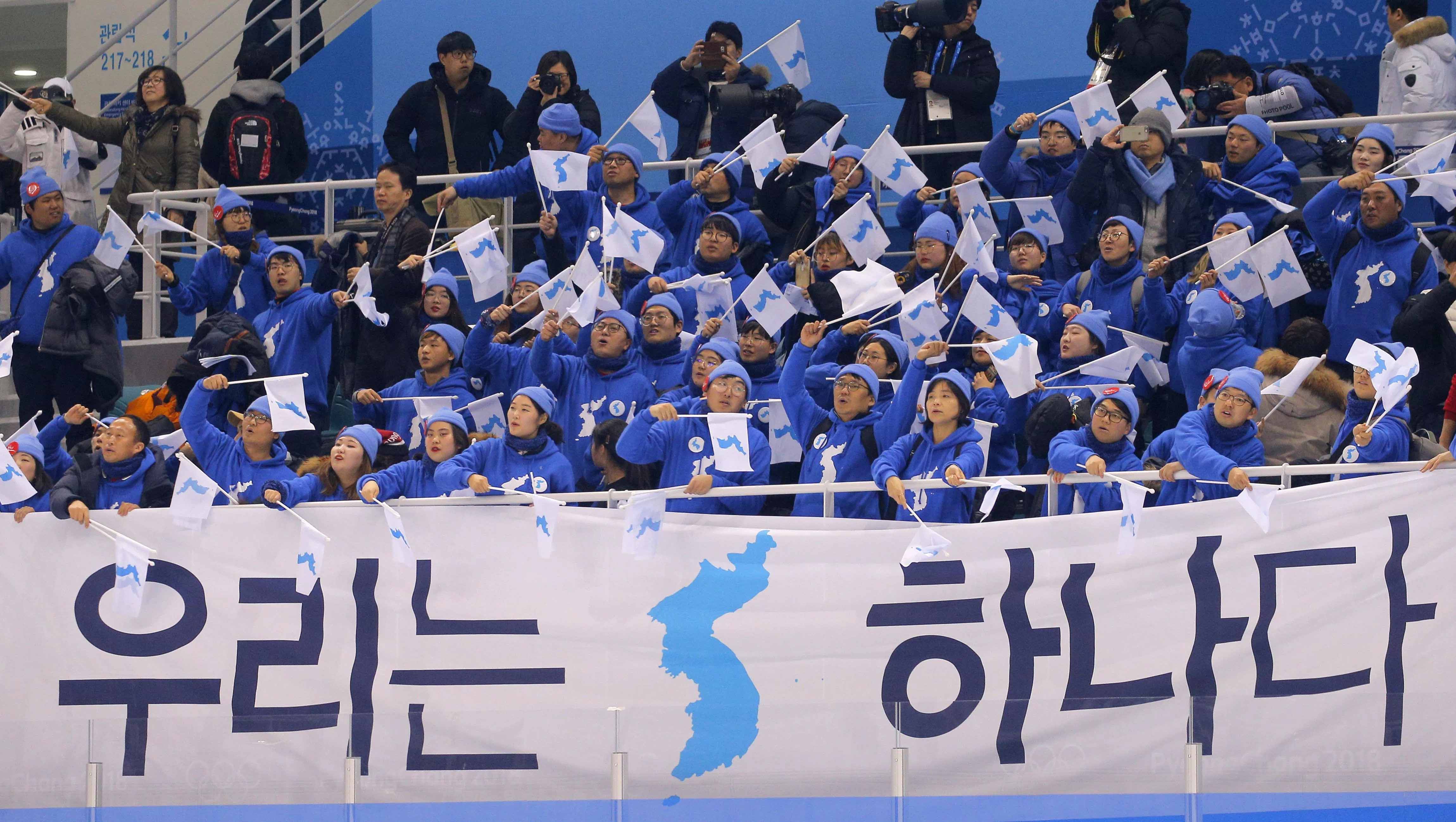Olympics Week
SOUND OFF | The Olympics Gym Playlist
|
With the 2018 Winter Olympics well underway, many have found inspiration to hit the gym and keep their New Year’s resolution well and alive. Here’s a playlist inspired by the music of the Olympics, whether it’s a song endorsed by athletes themselves or played during competition. Britney Spears, Lady Gaga, Migos: Post-interview, Chloe Kim was asked what music she was listening to between her runs, and she responded with “Toxic” and “Paparazzi” by Britney Spears and Lady Gaga. Afterwards, she included “Motorsport” by Migos ft. Nicki Minaj and Cardi B as one of her pump-up songs.





